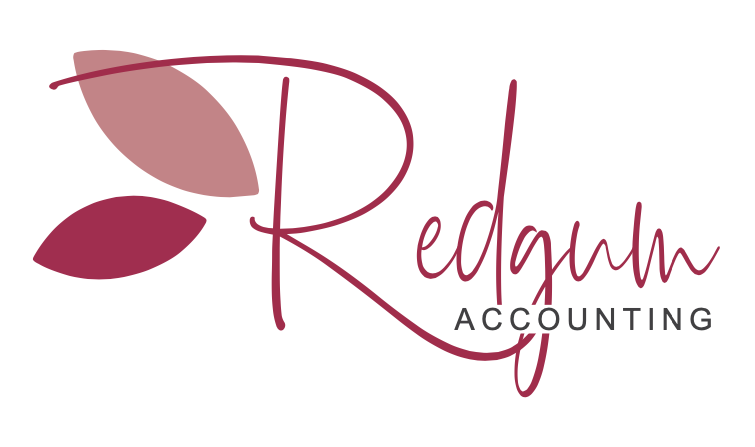Wouldn’t it be nice if you could just open your business, and everyone who uses your services or buys your product pays up front? Hmmmm, Perfect World!
Unfortunately, it just doesn’t work like that! The sad fact of the matter is, everyone is managing cashflow issues, and generally they will stretch out payment for as long as they can. The Catch Cry “Cash is King” is very accurate, whether you like to admit it or not. Even the most profitable business can go bankrupt if the customers don’t pay!
There are times and industries where demanding payment up front is just not realistic. However, there are steps you can take to reduce your exposure and manage your outstanding accounts.
- Quote up front. If your client knows exactly what your charges will be, what your terms are, what is included, and how to pay – you have much of the battle won. There will be times when someone asks for a time extension, but it is up to you whether or not to grant it. This should be an exception, though, and not something that is given too easily.
- Ask for a Deposit. This is an indicator that they have the capacity and willingness to pay.
- Retain Title. If you supply goods, you may consider including a “Romalpa Clause” retaining ownership of the goods until you receive payment. This needs to be included in your terms (and should be made clear on quotes and invoices) but professional advice should be sought before including this.
- Get Details. This might seem a bit obvious, but don’t just go giving credit terms to someone because they asked for it, or because they have an honest face! You should have a proper Credit Application, asking for names, addresses, ABN, and preferably a credit reference…somewhere they already have an account, where you can check if they pay on time. You should ALWAYS check the references.
- Ask how they heard about you. Don’t extend credit if they seem shifty, encourage cash on delivery/completion…even if you insist on that for the first little while, and then when they have proven themselves you can consider an account.
- Obtain a Credit Report. Whether you want to do this for every application, or only for accounts applying for credit over a certain amount, it is entirely up to you. You should consider the implications and weigh it up with cost of the reports – there are a number of options for information service providers at www.asic.gov.au.
- Obtain Written Orders. Getting the order in writing proves they asked for the supply, and were aware of the cost. Also insist on a signature for goods supplied, and don’t delay invoicing.
- Stay on top of Debtors. When cash is tight, many people adhere to the “squeaky wheel gets the oil” strategy – if you never ask for payment, you stay at the bottom of the list. It is much harder for them to ignore a phone call than a letter or statement. Adhere to due dates – follow up if you haven’t received payment. If someone makes a payment arrangement, call them immediately if they miss a payment date.
- If all else fails…consider a Debt Collection Agency or Solicitor letter. These are not free, but then again, neither is your time! Every minute you spend chasing Debtors is time you can’t use to do what makes you money.
- Your Final point of Recourse is Magistrates Court for debts up to $50,000.
Realistically, you can’t protect yourself entirely – there are always going to be clients who let you down…but you can reduce your risk and ensure this isn’t too regular!

